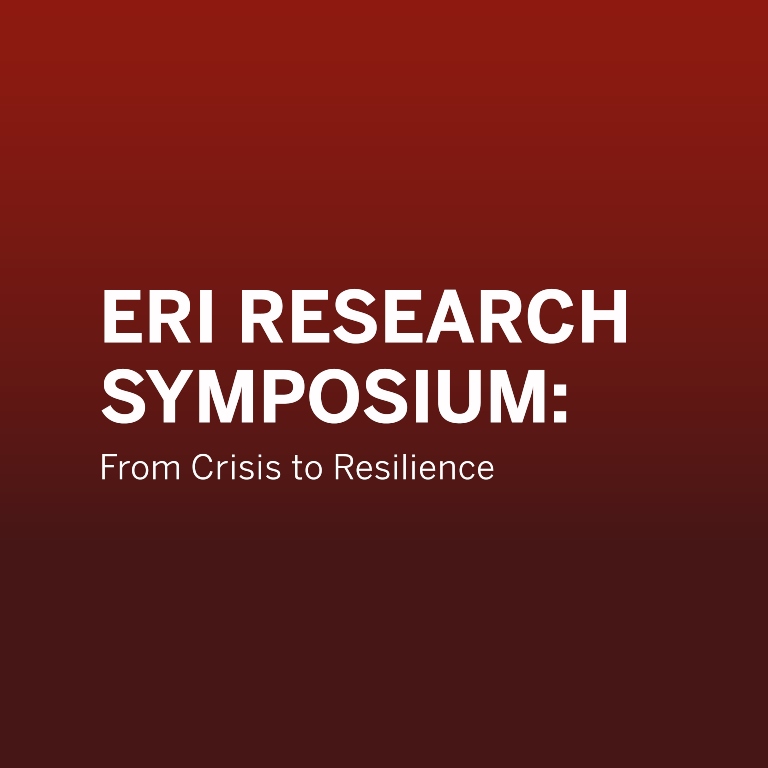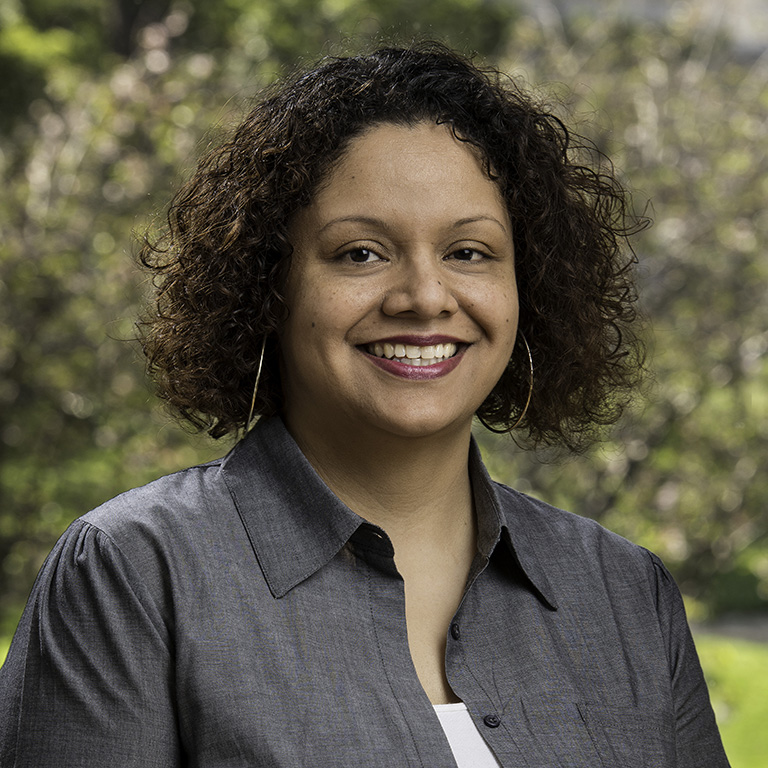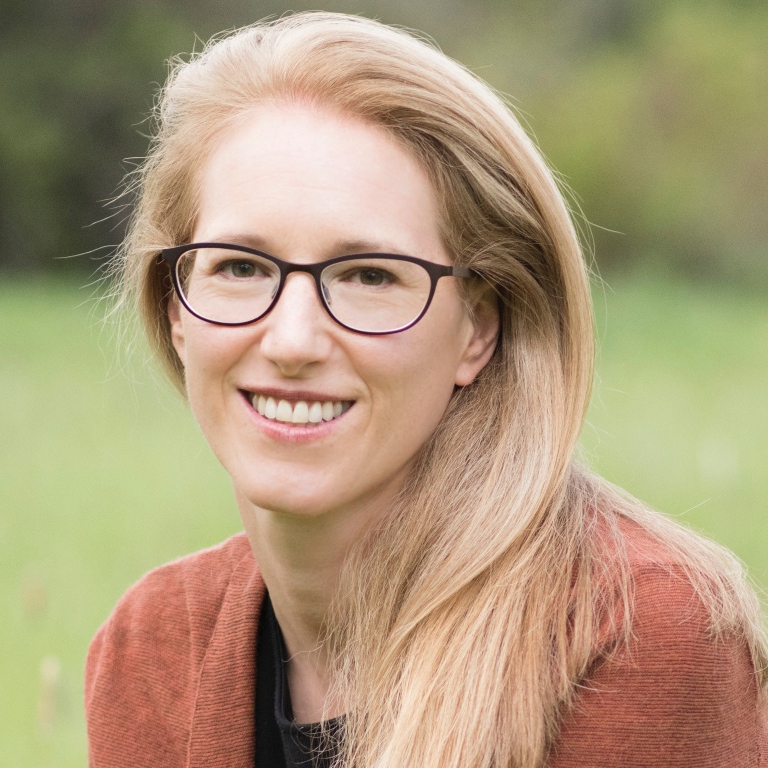Climate change continues to affect the lives of Hoosiers and people around the world in unprecedented ways, but in 2020 a pair of crises—the COVID-19 pandemic and persistent structural racism—broadened conversations surrounding environmental research.
On Dec. 11, the Environmental Resilience Institute will be shining a spotlight on the ties between these three pressing problems during the live portion of its research symposium. The virtual event, free and open to all registered attendees, will feature two expert roundtables focused on climate change’s connections to environmental justice and the pandemic.
The first roundtable will consider how climate change research might better account for environmental racism and what researchers can learn from grassroots efforts in the climate justice movement. The panel includes Kimberly Wasserman, the Executive Director of Little Village Environmental Justice Organization, and ERI research affiliates Gabe Filippelli and Jason Kelly.
The second roundtable will explore how climate change affects the risk of infectious disease spread and whether public health policies are accounting for the effects of climate change. The panel will feature Raina Plowright, an infectious disease researcher at Montana State University, and ERI research affiliates Ana Bento, and Karo Omodior.
Both roundtables will be broadcast live on Zoom and will allow for questions from members of the audience.
In the week preceding the roundtable discussions, prerecorded presentations by Plowright, Wasserman, and others will be released online to inform attendees and guide discussion. Attendees who register by Dec. 4 will be notified when the videos are available.
“In 2020, the coronavirus pandemic and the racial justice movement have shown in different and striking ways how our social environments and natural environments are deeply interconnected and how Black and Brown communities are especially vulnerable to climate change impacts,” said ERI Research Fellow Elizabeth Grennan Browning, who helped organize the event. “By coming together and discussing how our research and implementation activities have been influenced, we hope to identify ways we can better align our research with pathways toward equitable preparation for environmental change.”





